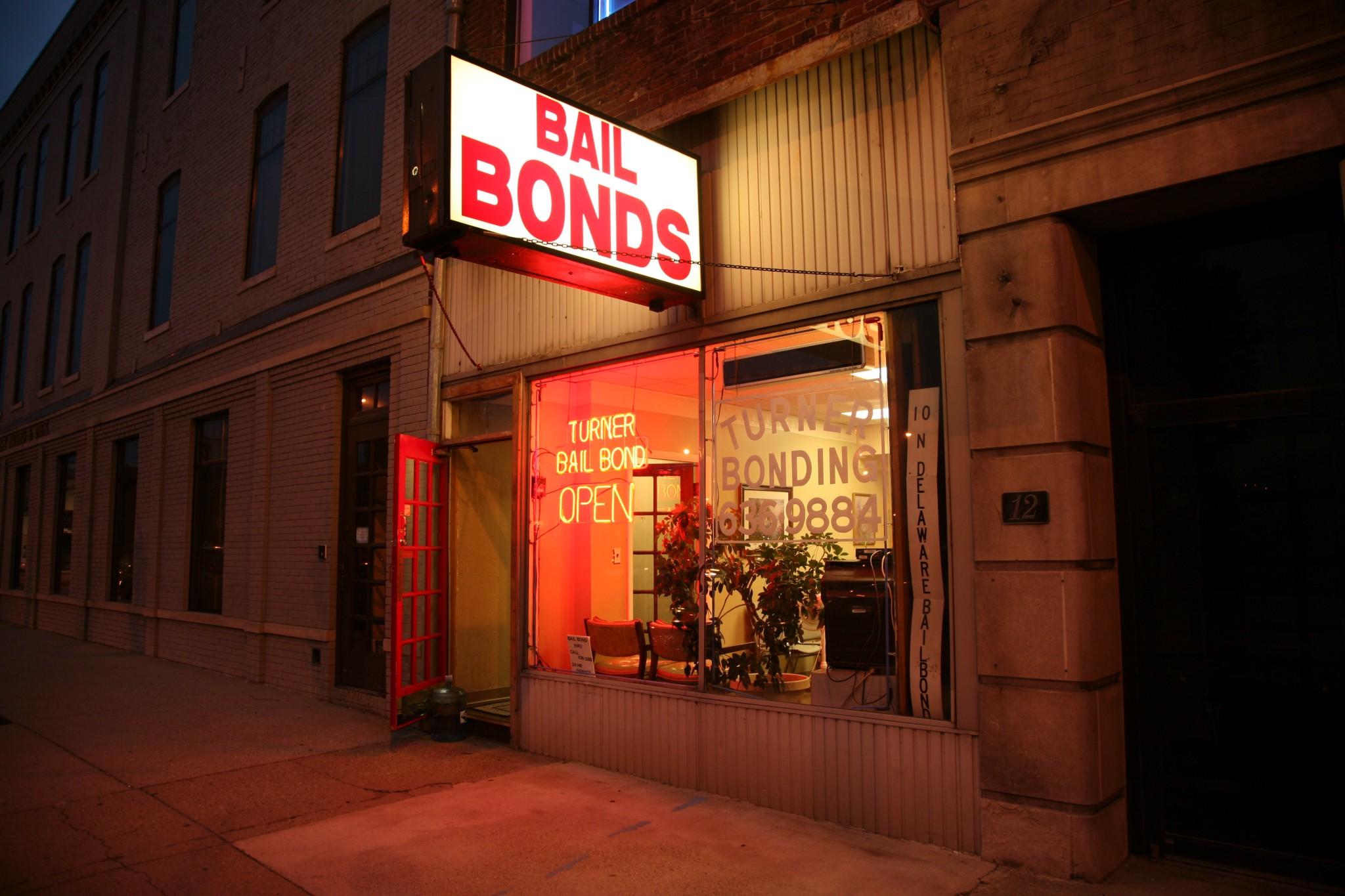Bail bond industry fights back against reform
On July 17th, a judge in Chicago ruled that courts there could no longer hold people in jail on bail simply because they could not afford it. This is the latest in a series of judicial and legislative actions designed to reform the cash bail system that has come under increasing scrutiny in the wake […]

On July 17th, a judge in Chicago ruled that courts there could no longer hold people in jail on bail simply because they could not afford it. This is the latest in a series of judicial and legislative actions designed to reform the cash bail system that has come under increasing scrutiny in the wake of abusive court practices uncovered in Ferguson, MO and following the death of Kalief Browder in New York City.
Ferguson was just one of many cities that has been found to use cash bail to pressure defendants into agreeing to plea deals rather than taking their cases to court. Defendants often spent several days in jail on cases where incarceration for an actual conviction was highly unlikely. According to an investigation by The Atlantic, almost two-thirds of people in local jails are awaiting trial, and a full 90% of them are there because they cannot afford bail.
In the case of Kalief Browder, the results turned out to be fatal. Browder was held for three years based on an unsupported accusation that he stole a backpack. He spent two of those years in solitary confinement as a juvenile. After years of trying to pressure him into a plea deal, the Bronx DA’s office admitted that they had no case. Shortly after his release he killed himself, having never recovered from the traumas of his abuse in jail.
Across the country advocates are pushing for reforms to the bail system through legislative changes, judicial rulings, and local DA races. Their ability to change the conversation on bail is epitomized in a statement released to officials across the country by former Attorney General Eric Holder stating that, “Courts must not employ bail or bond practices that cause indigent defendants to remain incarcerated solely because they cannot afford to pay for their release.”
In January a new law took effect in New Jersey eliminating their cash bail system. Defendants are instead subjected to intensive community supervision. Washington, DC eliminated its cash bail system in the early 90’s. Currently, over 91 percent of defendants show up for trial, creating massive savings in jail costs.
These reforms, however, have not gone unchallenged by the commercial bail bond industry which makes millions every year loaning money to people to cover their bail. These bonds usually cost defendants 10 percent of the bail amount — whether or not they show up in court. This means that poor people either languish in jail in conditions that make them more likely to accept unfavorable or even false plea deals, or pay significant fees to bail bond companies.
Nationally, the bail bond industry has been mobilizing. At the local level, bail bond companies have been pouring cash into legislative and DA races to try to block or at least temper reforms that would reduce their role.
In Maryland, lawmakers and judges have been pushing for the elimination of cash bail. According to Common Cause MD, the bail bond industry responded by pouring $87,000 into the pockets of state legislators and the governor. They were successful in blocking a total ban but were unable to stop a major reduction of cash bail. According to the Washington Post, between 2011 and 2014, bail bond groups gave $168,000 to local politicians in Maryland and $115,000 to those in California. State politicians in have received $78,000 at the state level. The former DA of Dallas County alone received $70,000.
In New Mexico, the bail bond industry spent tens of thousands to change an anti-cash bail constitutional amendment into a version that preserves its central role.
Cash bail has been a central feature in the current District Attorney race on Brooklyn. All of the major candidates have expressed concerns about the existing system. Over half of the people in jail while awaiting trial in New York City are there because they can’t afford their bail.
Candidate Marc Fliedner has called for eliminating cash bail in any case where the DA’s office is unlikely to seek jail time for the underlying offense. Another candidate, Anne Swern, has said that she would eliminate cash bail for all but a handful of misdemeanor cases. The current DA, Eric Gonzalez, has been more moderate in his position stating that he wants to reduce reliance on cash bail for most misdemeanors, but allow DAs to request it if they have specific public safety concerns.
Gonzalez is also the only candidate taking money from the bail bond industry. According to recent campaign finance filings, he has received at least $7,750 directly from two major bail bond companies, Empire Bail Bonds and IC bail bonds. Empire also hosted a major fundraising event, the results of which are not known. Gonzalez’s opponent, Marc Fliedner, was quoted as saying “investment [by bail bond companies] in Gonzalez’s campaign makes his protestations that he wants to change the system ring entirely false.” Candidates Vincent Gentile and Anne Swern also expressed concerns about the seeming contradictions of accepting this money.
Bail reform is a central element of any program to reduce incarceration rates, especially in local jails. It also represents a basic social justice issue as the burdens of the current system rest overwhelmingly on the poor. If politicians are serious about these reforms they need to reject campaign contributions from the bail industry.
